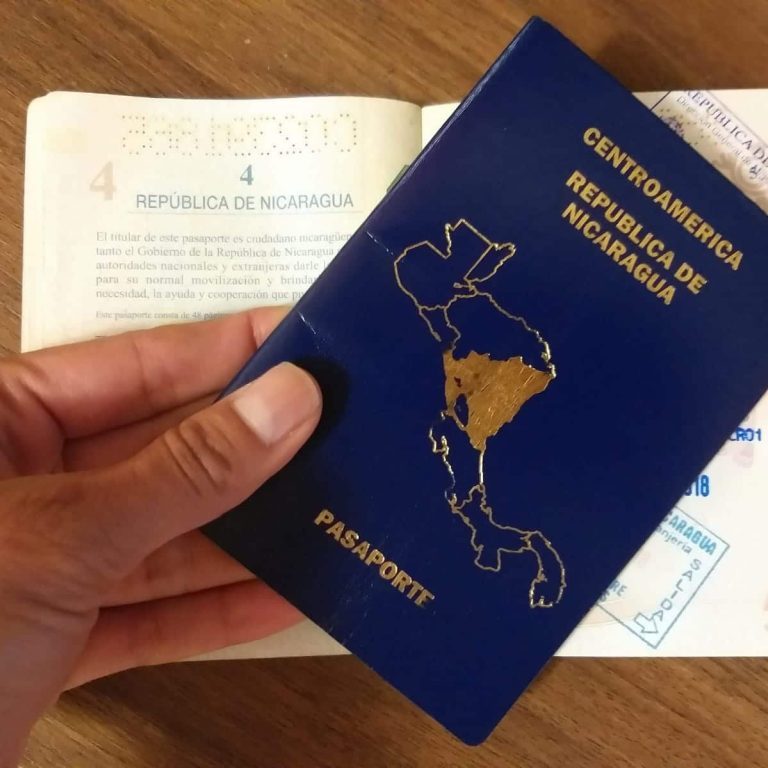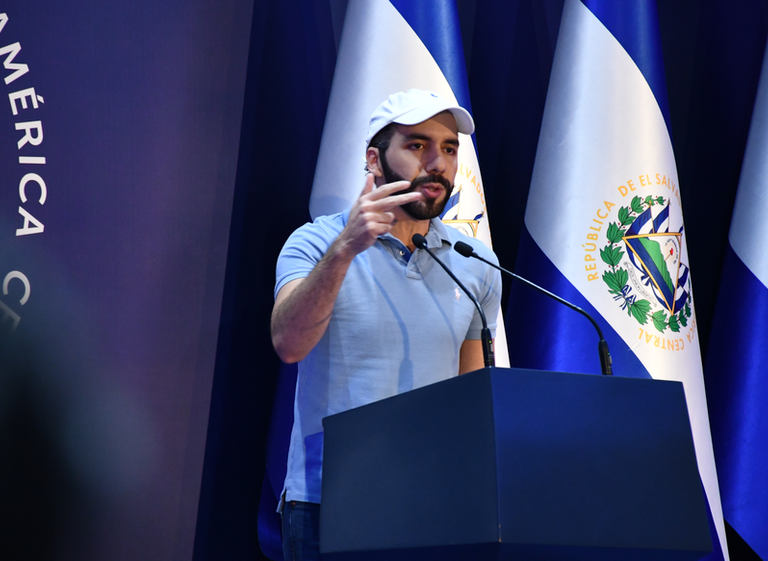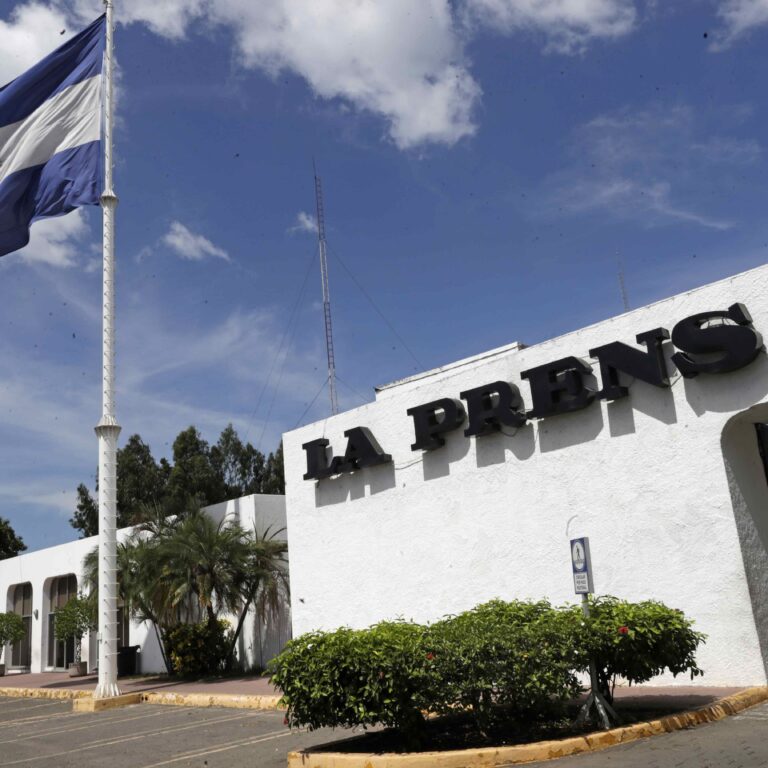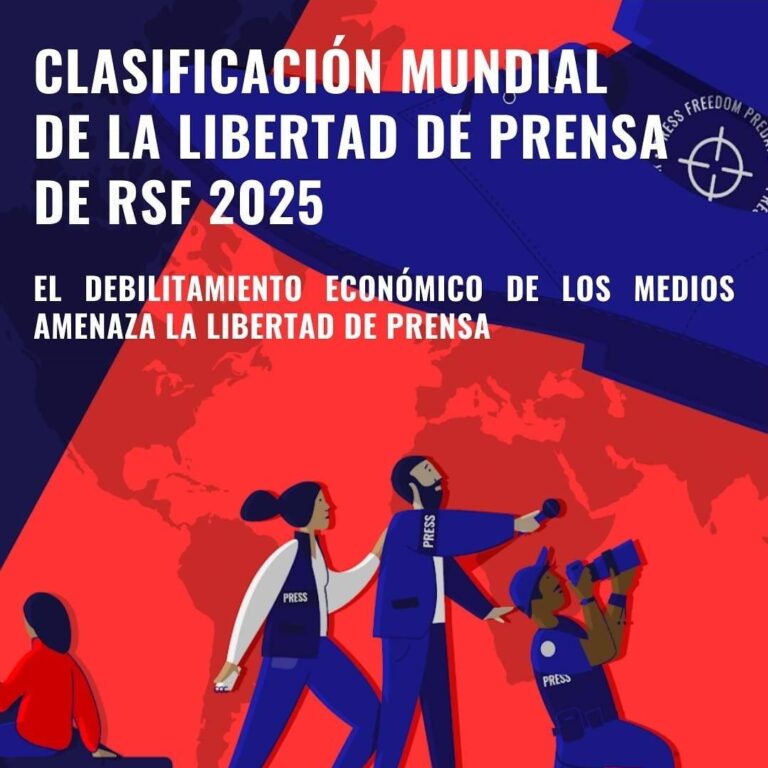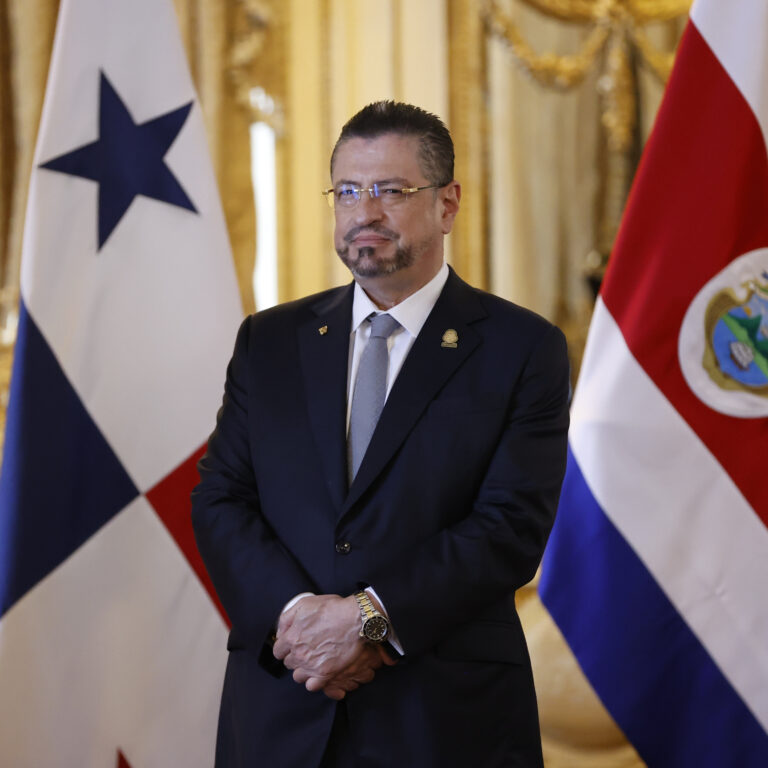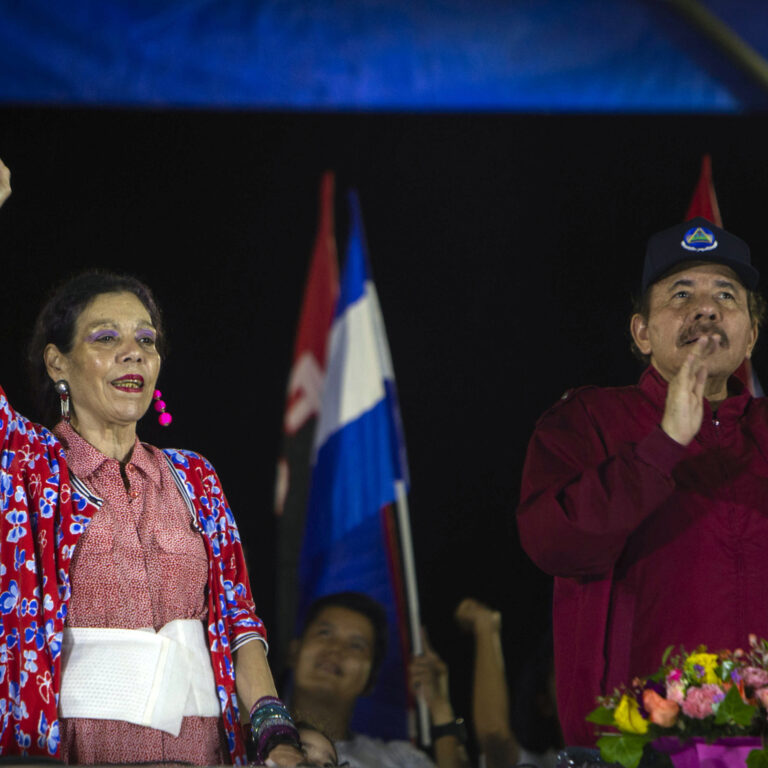People who identify with the acronym “I” fight against discrimination based on their sexual characteristics, including access to health, education, employment and other rights.
Within the acronym with which the LGBTIQ+ community identifies is an identity that is rarely talked about, we refer to the Intersexual population.
An umbrella term that encompasses a broad group of people whose sexual characteristics fall outside the typical binary “norms” of male or female.nnThese characteristics may include primary sexual characteristics, such as internal and external genitalia, reproductive systems, reproductive organs, hormone levels, and sex chromosomes, or secondary sexual characteristics that become apparent at puberty.
Also read: LGBTIQ+ population and the approach given by the media «positive news should be expanded»
Indice
ToggleLGBTIQ+ community commemorates Intersex Visibility Day
Every October 26, the world commemorates Intersex Visibility Day or Awareness Day for the intersex community, a date that commemorates the first public demonstration of intersex people in North America, October 26 1996, outside the headquarters in Boston, where the American Academy of Pediatrics was convening its annual conference.
nAccording to the study How Sexually Dimorphic Are We? Review and Synthesis (2000), by Melanie Blackless, around 1.7% of births are to intersex people.
Don’t miss reading: The struggle of the LGTBIQ+ community in Nicaragua is also forced into exile
In 2018, the capital of Costa Rica, San José, was the venue that hosted the first Latin American Regional Conference of Intersex People, where “the plurality of our bodies and the diversity of our voices” was celebrated.nDuring this conference, the intersex population of Latin America and the Caribbean presented their main demands to the governments of the region, such as prohibiting “immediately” any practice that modifies the sexual characteristics of a person without reliable medical reasons and without full informed consent.

Likewise, the document requires National and Regional Human Rights Institutions. “Investigate the systematic violations of our human rights, known and widely reported by different international organizations, and prepare specific reports on these violations, as well as follow up on the reports presented by the Intersex movements.”
What is said about medical procedures in Intersex people from the LGBTIQA+ community
The Office of the United Nations High Commissioner for Human Rights (OHCHR), in 2016, through a note published on its website, denounced that throughout the world, intersex babies, children and adolescents are subjected to surgeries, hormonal treatments and other medically “unnecessary” procedures in an attempt to forcibly change their appearance to align with society’s expectations of female and male bodies.
In its publication, OHCHR recognized that “States must urgently prohibit medically unnecessary surgeries and procedures on intersex children” and that ending these abuses also requires States to raise greater awareness of the rights of intersex people, that protect them from discrimination based on sexual characteristics, including in access to health, education, employment, sports and obtaining official documents, as well as special protection when they are deprived of liberty.


